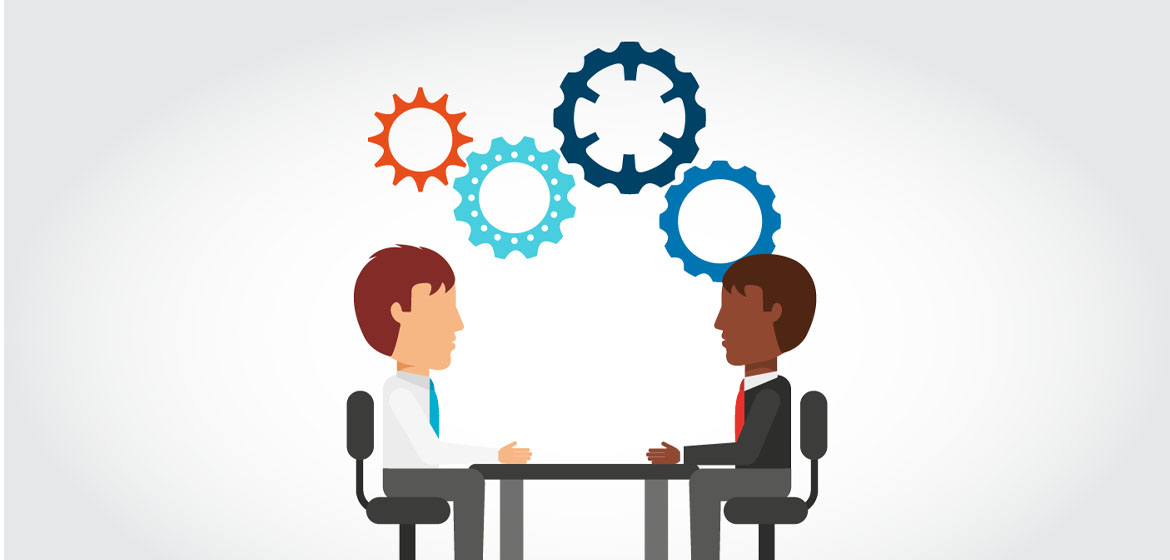Reading people like a book ..
We all attempt it at some point. Living in a society inhabited by human beings pretty much demands it, don’t you think? So we spend a good part of our everyday life second guessing people, mind-reading motives and intentions. We look for temperament patterns in them. We read books on “reading people,” we attend relationship seminars. We do all kinds of things trying to figure out people. Yet what good does it do us? How effectively have we developed in really understanding the strange and weird world that people live in, and out of which they come? Have you even have yourself figured out?

Why is this important in the business world?
Daily we interact with hundreds of people. Some of them will become our associates, others will become our clients. Some will become our employees. Being able to read people will enable you to screen out potential problems and avoid having to spend time or money on them.
By focusing our attention on how people actually function in terms of their thinking, speaking and behaving you can discover not only what they “are,” but how they actually work in any given context or situation.
The value of this focus?
Recognizing how a person works enables us to figure out their model of the world (their mental paradigm) that describes their internal “reality.” This increases understanding and enlightens us about “where the person comes from”. An interesting presupposition of Neuro-Linguistic Programming states “The map is not the territory”. This means that each person has different experiences and therefore give their own meaning to events that happen daily. The same event may evoke a different response in each individual. For example, if you drive in a car believing that all drivers are good, then you will tend to see this being verified continuously. If, however, at the car’s passenger seat, you have a person who believes exactly the opposite, i.e. that all drivers are bad, then he will tend to focus on all drivers that fail to signal or miss the red light. Whatever the person believes, it becomes a self-fulfilling prophecy.
Being able to read people also increases our sense of empowerment. Why? Because in knowing how our brain works, or how someone else’s brain works, enables us to evaluate and match that profile.
How can you read people?
There is a special type of software we carry in our brain and is called “Meta-Programmes”. Consider these as filters in our brain. When information is coming through our senses, it gets filtered and affects our behaviour. Each person has their own set of filters that have been created during childhood (up to the age of 7). Later on in adulthood, these filters are triggered and tend to run our behaviour.
Recognizing these meta-programmes in people’s heads which control and run their specific frame of mind, enables us to know how to more effectively communicate and relate to them, it empowers us to stop getting angry at their frame of mind as it equips us to effectively work with it.
Meta-programmes are a special set of questions that enables you to read people in all areas of life. This article will just give an example of how meta-programmes enable us understand people. These special set of questions are part of an Advanced Certification Training.

Example:
For instance, consider a person’s strategy (or program) for “reading.” We begin with the stimulus of words in the form of a visual external. ‘The little brown and white cat fought furiously with the dog…’ We then take those scribbles of ink on paper and use them to make sense of what we have just read. Using associations from past references and constructed representations we “make sense”.
The Meta-Program of chunk size governs whether our mind goes to trying to understand “the big picture” in a global way or whether our mind goes first to receiving and inputting all of the specific details. Do you really need to know the colour of the cat? or maybe you just want to know what has just happened?
Recently I couldn’t find the salt in my aunt’s kitchen cabinet. As I looked, my aunt came over and picked it right out since it sat right there in front of my nose.
“You are blind!” she said.
“No, I just see things globally. That’s why I can’t see the trees from the forest. You, on the other hand, can see each and every tree as you so choose—but will tend not to see the forest!”
For years, I thought I “was” a poor speller because I would consistently and regularly misspell words in articles, hand-outs, books, etc. I just didn’t understand how I could read quickly so many books comprehensively and spell poorly. How could I see and recognize words and not see them?
When I later discovered that I operate at the global processing level—the mystery became clear. I simply don’t sort for the details of spelling, I sort for the larger level meanings.
How can you elicit this meta-programme?
Obviously, you don’t find out with experience but you use a question. The question simply is:
“If we were going to do a project together, would you like to know the big picture first or the details first?”
Once you get an answer, then ask the opposite. For example if the person answers “The big picture first”, then ask “Would you like to know the details then?”.
We categorise people into four groups as follows:
- a. Global
- b. Specific
- c. Global to specific
- d. Specific to global
There are people who just need the big picture (global). They can figure out the details themselves.
Some people are specific, that is they just need to know details and they don’t want the big picture as they can figure it out themselves.
Some people are global to specific. They need the big picture and then the details.
Finally some people are specific to global, that is they need to know details and then the big picture.
Practical example of the use of the above meta-programme
I will provide an example of the above meta-programme in a personal scenario but it works exactly the same in the business environment for, let’s say a project.
I have a “Global” meta-programme so I am more interested in the big picture. This affects my communication with people. Whenever I watch a film in the cinema, I mention the fact in my social circle. Those people who match my meta-programme, accept my comment with no further questioning. People with a “Global to specific” or “Specific” meta-programme need much more than the title of the movie. They need to know the actors, the scenario and a whole lot more information. I would rather have them go and buy the DVD instead because as a “Global” person, I find it a waste of time to go through such detail.
Now imagine me being a manager in a company and I am announcing a new project to my team. If I just gave them a title, I would have created a lot of confused people going around and trying to find out more before they start work on the project. If, however, I knew the profile of my team members, I would arrange a meeting to announce the project and then let the “Global” people leave the room as they don’t need anything else to get them started. Then, I will stay a bit longer with the rest of the team to give them the details (the specifics) they need so as they can leave the room knowing exactly what they need to do.

Profiling people
As part of my work, I am called in by companies to conduct a meta-profile analysis for their personnel. This helps management identify possible areas that need change. Some employees need to change either duties or work environment to enable them perform even better. Meta-Profiling takes about 15 minutes or less (per employee) and the results are pretty accurate. It is done by asking certain questions and it cannot be done via a questionnaire as there are other areas that need to be calibrated on the individual.
Meta-profiling can help businesses identify:
- Potential future managers
- Team players
- Who is suitable for sales or for the reception area
- People who like repetitive tasks and people who like change
- How organized each person is
- People who work more effectively in an open plan office....and a lot more.
That was just one of the meta-programmes. Once you get to know your own meta-programmes you can understand more about yourself and the way your brain is wired. This can enable you to make changes in your life, your business and the people you communicate with.



